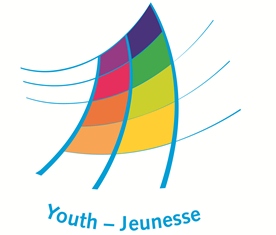Enter!
 What is the Enter! project?
What is the Enter! project?
The Enter! project aims to develop youth policy and youth work responses to situations of exclusion, discrimination and violence that affect young people, particularly in multicultural disadvantaged neighbourhoods.
The Enter! project led to the adoption of a Committee of Ministers recommendation in January 2015. This recommendation calls on member states to develop and implement sustainable, evidence-based policies that take into consideration the specific needs of young people from disadvantaged neighbourhoods and that aim to prevent and eradicate the poverty, discrimination, violence and exclusion these young people face.
The Joint Council on Youth developed a roadmap for the implementation of the recommendation which took into account proposals made by the participants in the second Enter! Youth Meeting.
The primary responsibility for the implementation of the recommendation lies with member States; however, both youth organisations and the Council of Europe have important roles to play in this respect.
Who does what?
Member states, youth organisations and the Council of Europe Youth Department all have a specific role to play in the implementation of the recommendation.
In addition, the implementation will be reviewed every 3-4 years by the Joint Council on Youth which will look at:
- measures undertaken by the member states and any results;
- projects and initiatives by youth organisations;
- plans or projects carried out by or with local authorities;
- the practices and projects shared in the database of good practices.
Each review process should include, or culminate in, a meeting including youth work practitioners, local authorities and young people (following the model of the Enter! Youth Meetings).
The first review of measures undertaken by member states and any results started in 2019. The Joint Council on Youth agreed in March 2018 that the review should not only be of measures taken by member states and youth organisations’ projects/initiatives, but also include a collection of best practices and examples of how youth organisations and local authorities co-operate. Young people and youth organisations were invited to provide input.
At its meeting on 16 and 17 October 2018, the Joint Council on Youth decided that the review process should:
- include a collection of best practices;
- explore the link between youth organisations and local authorities and how they work together;
- identify the remaining challenges for implementation;
- consult young people/youth organisations to provide input;
- present the data gathered from the requests for supportive measures.
The main conclusions and recommendations of the review process are available here.



